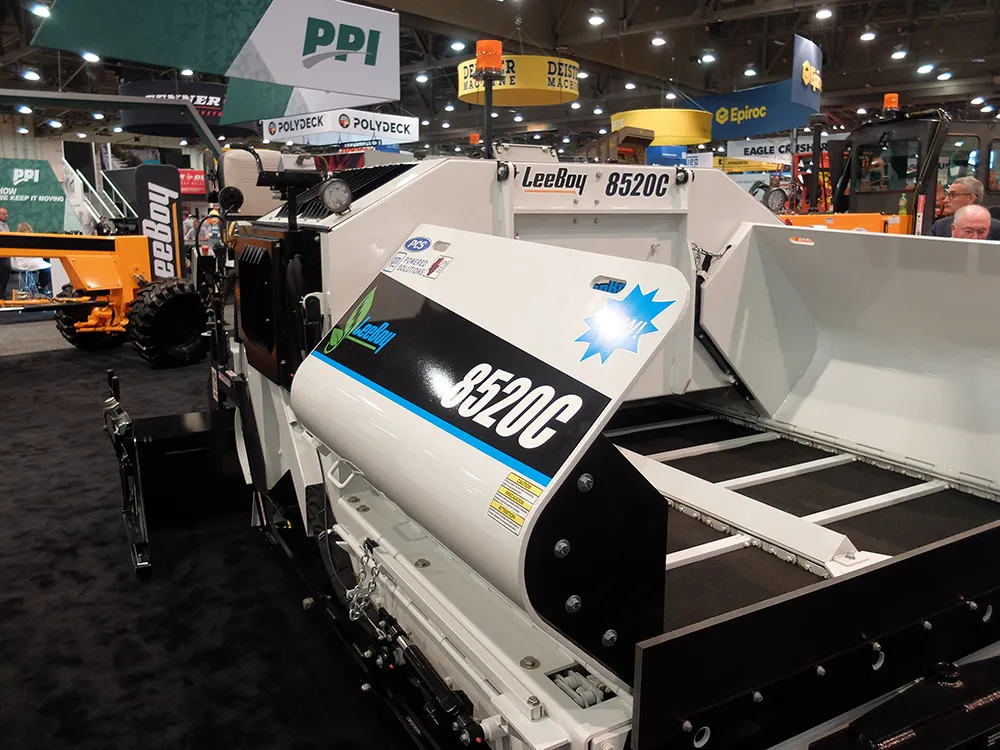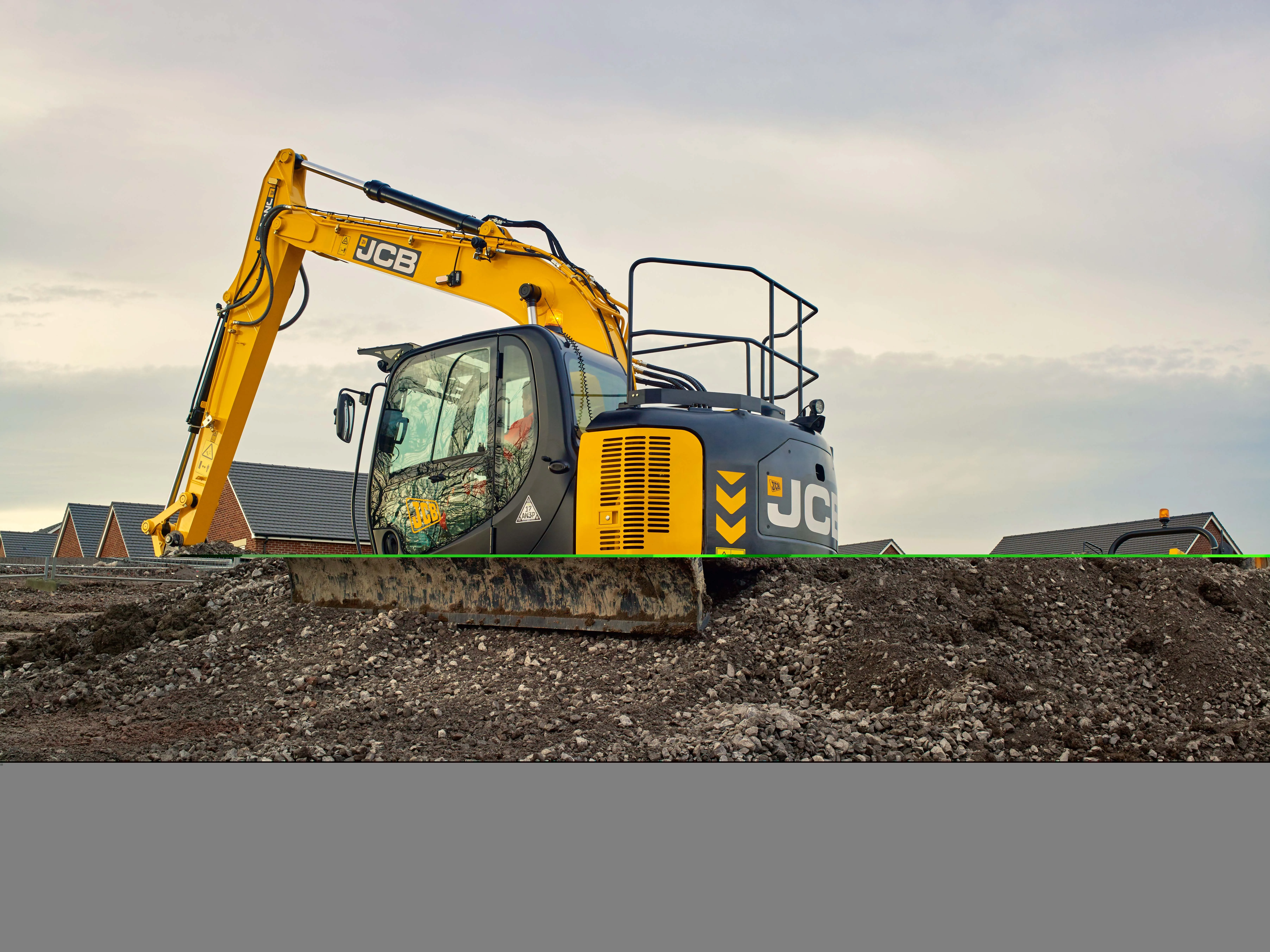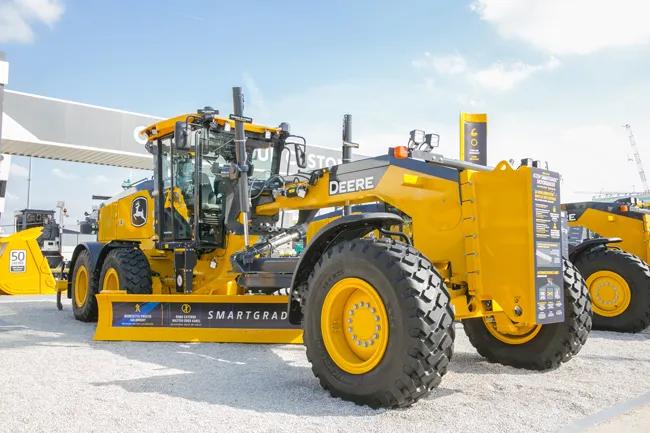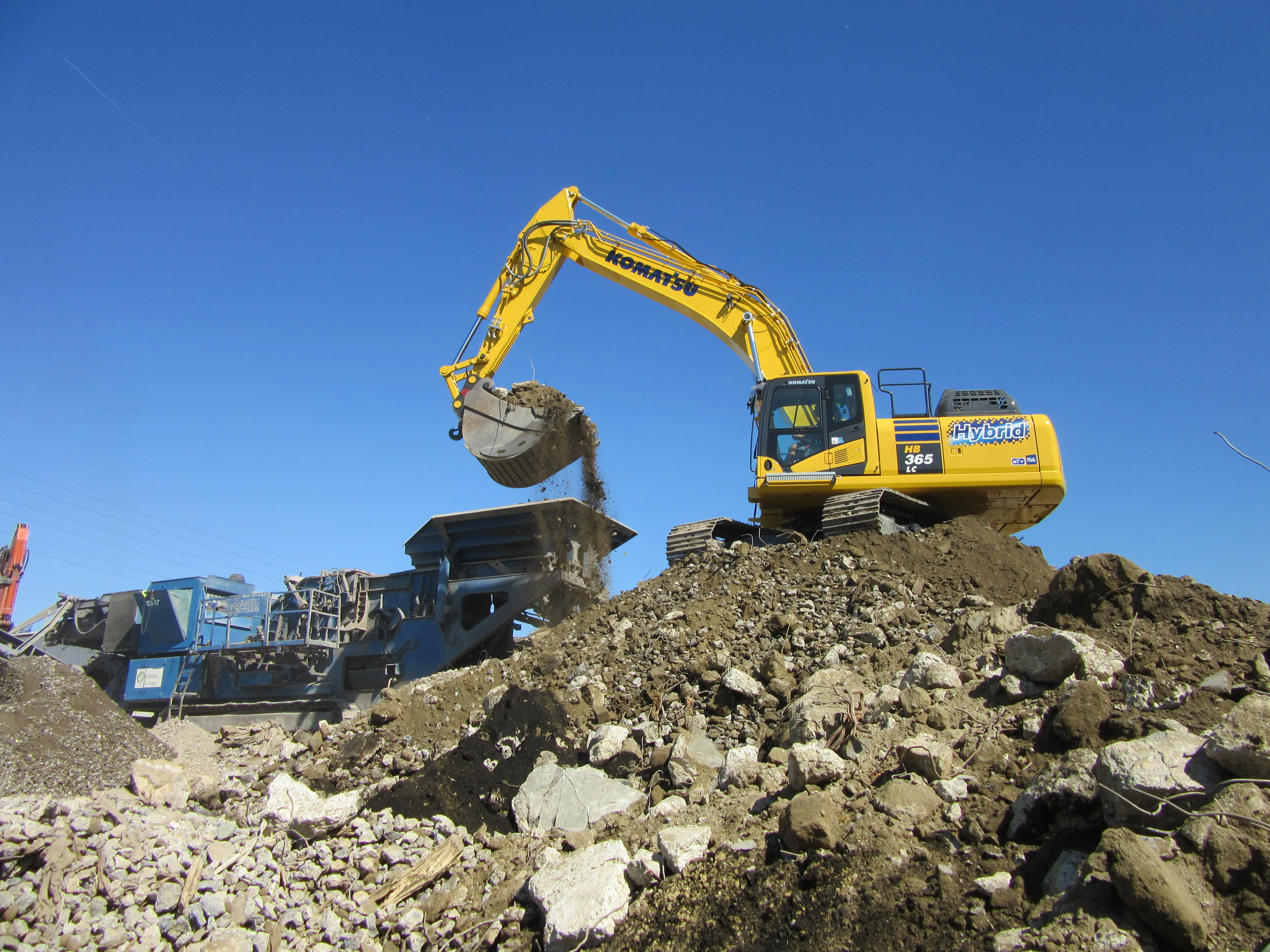Where the diesel engine was once the simple solution for OEMs wanting a power source, recent emissions regulations have added such cost and complexity to the diesel-fuelled internal combustion engine that there are now other simpler, solutions on the horizon.
That’s the message from Julie Furber, executive director of
“As a provider of power sources, Cummins is in a position to give its customers an extensive choice – not just for engine platforms, but for energy diversity,” she said. “And that includes hybrid drives, plug-in hybrids, natural gas, renewable energy and electric vehicles.”
No surprise, then - following Cummins recent acquisitions of
REEV concept
The REEV concept comprises a four-cylinder F3.8 stage V compliant diesel engine, a battery pack, power electronics and a high-efficiency traction motor. The battery pack provides electricity for the traction motor to run a vehicle’s transmission, with battery energy replenished by the diesel engine. This combination could easily replace a traditional power source operating with a 9 litre diesel engine.
Cummins said that REEV has been designed to allow the battery packs to be charged when the vehicle is parked overnight, using a plug-in electricity supply. During daily use, when battery energy becomes depleted, the vehicle’s engine is used to recharge the battery pack to extend the working day as soon as the battery level drops to 30%.
“A single 35kWh battery pack should give two hours of 100% electric operation, though multiple packs can be linked together,” she said.
Meanwhile, German engine maker
Diesel-electric
The modular hybrid power unit combines a diesel engine, electric motor and battery pack, which forms the basis of a range of electric drives and hybrid systems. E-Deutz is currently available with a 110kW peak output, achieved by combining a 55kW 2.9-litre TCD2.9 stage V compliant diesel engine with a 55kW electric motor, supplemented by innovative power electronics and a 44kWh battery pack.
“This type of hybrid powertrain can offer an electric boost to supplement an engine; it can provide 100% electrical power; and it can also use the diesel engine when necessary to recharge the on-board battery pack,” explained Dr Frank Hiller, CEO of Deutz.
The manufacturer has already built a prototype telehandler operating with the E-Deutz power unit and the firm is also working on a fully electric powertrain solution.
“This technology has led us to an automatic start/stop function for the diesel engine, and it offers an electric power take-off,” said Hiller. “We expect to be producing commercially available electric drive solutions within two years.”
Component firm
There have been a number of innovative electric machine developments too, most notably in the mini excavator and compact plant sectors, where the convenience of zero-emissions excavator for indoor working, cannot be over-looked.
Battery power
Battery-operated excavators have been developed by
It is said to perform like the diesel-powered equivalent, and can either run entirely on its battery for up to five hours in Power mode or seven hours in Eco mode. Battery charging is by mains power, either while parked or during operation.
The E17e joins the firm’s battery-powered rammers, a dual-power excavator, two electric wheel loaders, an electric tracked dumper and a battery-powered vibratory plate.
Mecalac’s approach is more mainstream, and sees the development of an electrically powered version of its 12MTX wheeled excavator, which the manufacturer says does not compromise on range, performance or size.
Available in 2019, the Mecalac e12 11 tonne excavator uses lithium iron phosphate battery technology (LiFePO4) and boasts one of the largest collections of battery energy in an excavator, with 146kWh. It is enough power, said the company, to provide eight hours of operation while delivering peak performance without needing a recharge.
Despite the surge in electrification developments, the internal combustion engine is far from doomed, according to Peter Kelly Senecal of computational fluid dynamics business Converge, a pioneer of algorithms for internal combustion engine optimisation and design.
He said that while the use of electrification will grow, the diesel engine will continue to be refined for off-road applications, where its combination of durability, performance and convenience is unmatched by other technologies.









